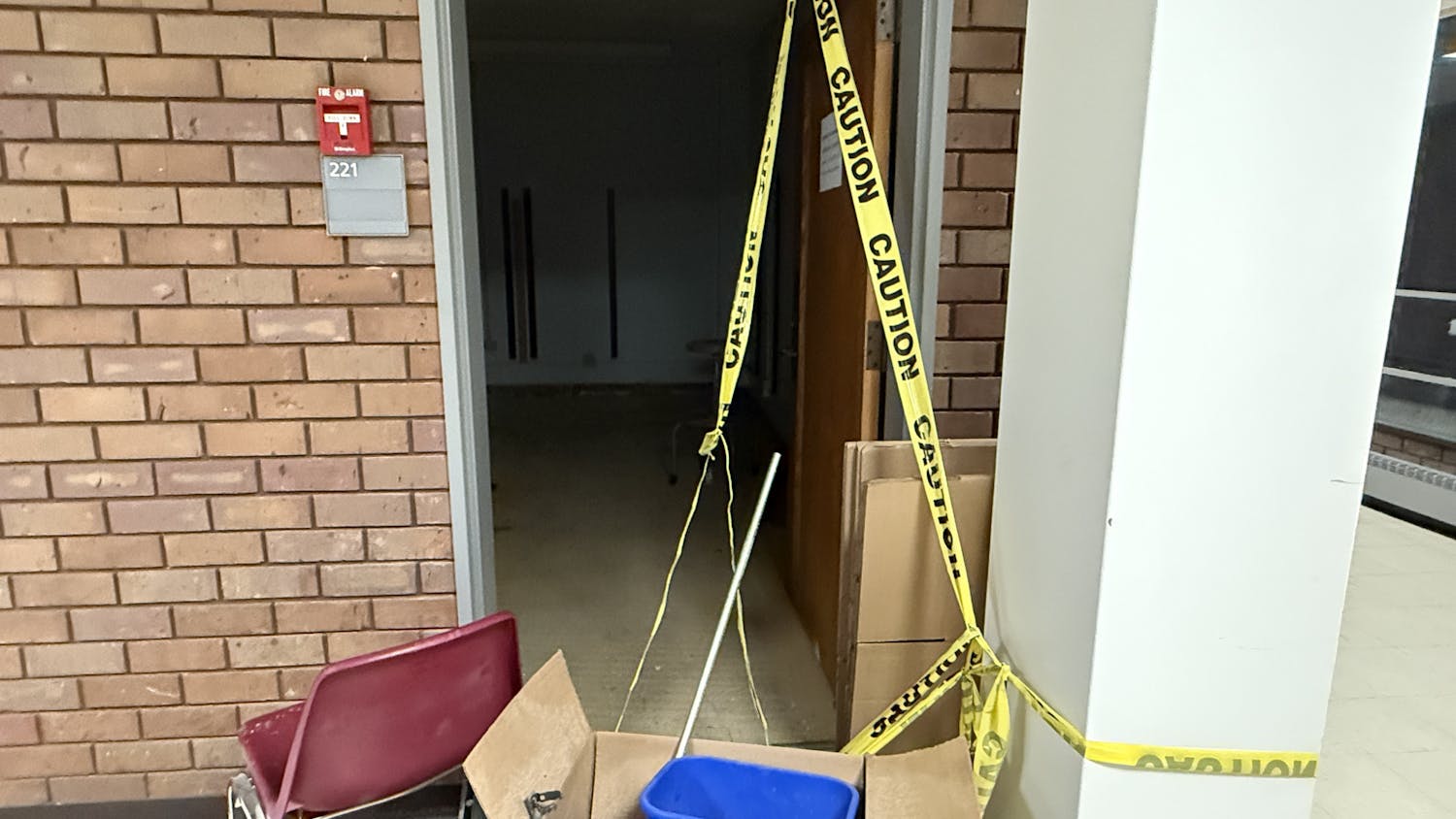If students remember nothing else from their study abroad in Singapore, they leave with "Lah." This syllable is used at the end of a sentence to express a spectrum of emotions. It's basic Singlish - an English-based creole of Chinese, Malay and Tamil.
This cultural nuance is just a small dose of what students will experience while studying in Singapore.
Over nearly two decades, UB established a presence in Singapore, working with the Singapore Institute of Management (SIM) and Nanyang Technological University (NTU). Since UB partnered with SIM to launch a part-time executive MBA program in 1996, the international collaboration has expanded to full-time undergraduate degree programs in a variety of disciplines, according to Stephen Dunnett, vice provost for international education. It also offers study abroad programs at SIM and NTU, giving students from both UB and Singapore a chance to engage in educational and cultural experiences outside their home countries.
A private university set in an urban cityscape, SIM allows Singaporean and international students to obtain UB undergraduate degrees in business, communication, economics, international trade, psychology and sociology under its educational brand, SIM Global Education (SIM GE). The executive MBA program is also still ongoing.
These programs are fully consistent with those offered at UB and they apply the same admission criteria, course requirements, curriculum, instructional format, faculty qualifications and academic standards. In other words, students do not have to travel to Buffalo to obtain an UB degree, although many do so for the experience.
Melissa Tan is one such student. A recent graduate in communication, she had already spent two years at the UB campus in SIM before coming to Buffalo in the fall of 2012 to finish her last year. Tan said she had wanted to get an "American college experience." Despite having bouts of homesickness and encountering differences in many aspects of life, Tan adjusted well; she hopes to get a job and stay in the fall.
"I've made very awesome friends here in Buffalo after a year, so much [so] it would really hurt to leave," Tan said in an email.
Tobias Reynolds-Tylus, a graduate communication student and Buffalo native, embarked on his study abroad trip in fall 2010 after learning about the country from a Singaporean friend studying at UB. He took all his communication classes at the international UB campus housed within SIM.
For Reynolds-Tylus, studying in Singapore was a meaningful journey of discovery. As most Singaporeans speak English, there was no language barrier to impede interactions with locals apart from minor confusions caused by Singlish. Reynolds-Tylus forged close friendships with locals who showed him their private hangout spots and the ins and outs of their culture.
"I had a wonderful experience because I was able to understand what make Singaporeans tick and understand the culture better than if I'd gone to a country [where] maybe I wouldn't have had that good of an experience understanding the local culture because all I would be doing is going to these sights with Americans," Reynolds-Tylus said.
He learned a lot outside the classroom, as well. Picking up Singlish gave him a cultural experience he couldn't find in Buffalo. He began to use "lah" in his conversations. The word had many different implications, something that the English language lacked. If someone is impatient with a dawdling friend, he or she would say, "Oi, hurry up lah!" to convey annoyance. "Lah," however, can also be used to establish rapport. For instance, instead of saying "please eat," one could say "eat lah" to extend friendliness and invitation.
So far, 3,546 students from Singapore have enrolled in the UB-SIM programs since the summer of 2004, according to John Wood, senior associate vice provost for international education.
There are many reasons for UB to establish itself in Singapore, according to Dunnett. First, it is a "gateway country" that connects to both Southeast Asia and China. Second, Singapore is an English-speaking country, so UB students will have an easier time studying there. It also has a strong economy with many American and multinational companies, making it a "good laboratory" for students in international trade, economics and business.
Apart from Singapore, UB offers a myriad of exchange programs, with more than 40 institutions worldwide, according to the website of the Office of Vice Provost for International Education (OIE). Host countries include Australia, Brazil and Japan.
Both Reynolds-Tylus and Tan enjoyed their experiences while studying in a foreign country and made lasting memories during their stay.
"Not only do you learn a lot about another culture, but you also learn a lot about yourself," Reynolds-Tylus said. "You grow as you place yourself in [unfamiliar situations] and see what kind of person you are."
Reynolds-Tylus has since welcomed three close friends from Singapore to UB, bringing them around Buffalo. This reciprocal of host efforts attests to the close bonds and unforgettable memories they shared in Singapore.
Email: news@ubspectrum.com





